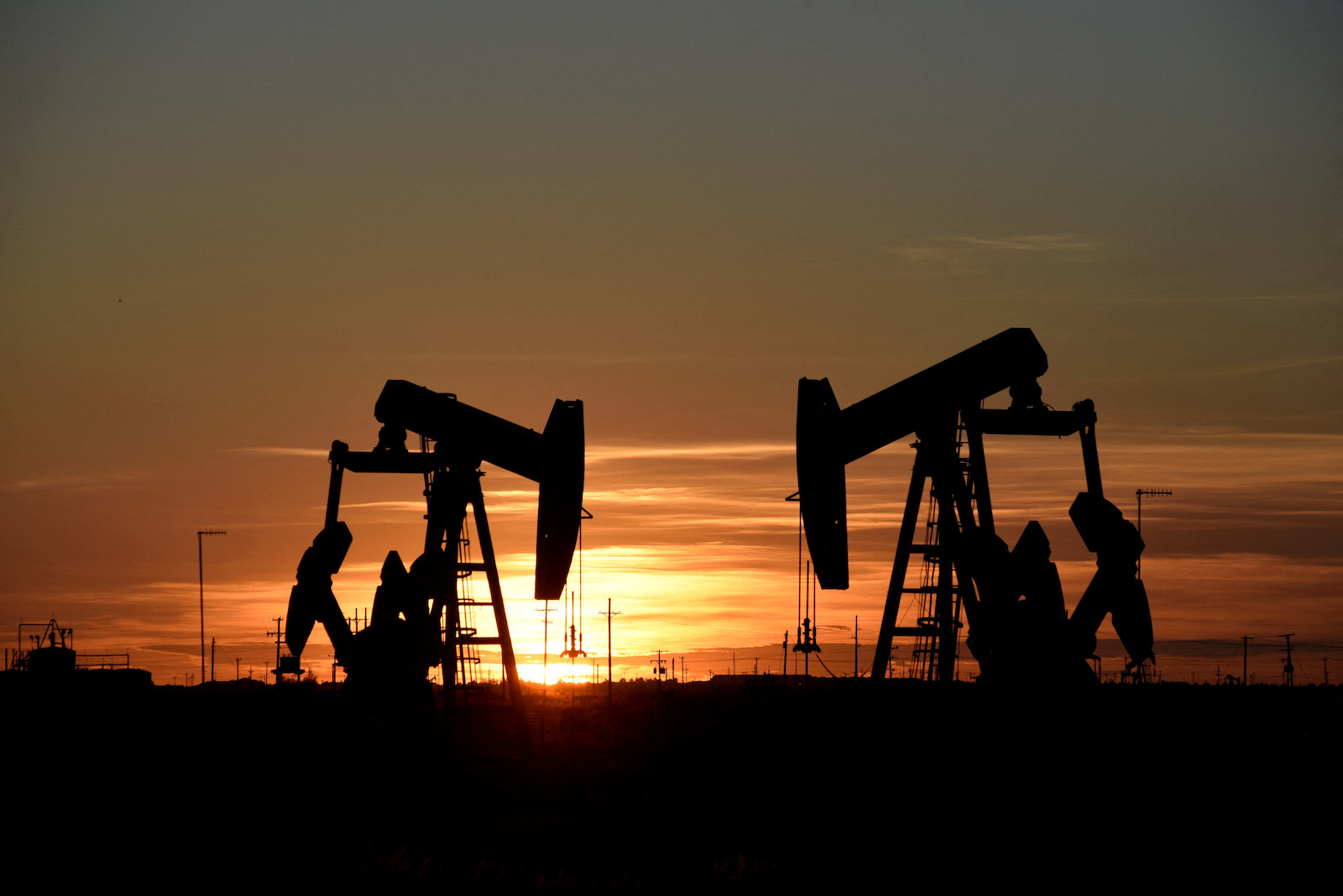Sanctions, underinvestment could spell trouble for global energy markets, warn Saudi and Goldman

KSA warns of energy shortages on back of oil sanctions, lack of investment: EU sanctions imposed against Russian oil and under-investment in upstream assets will trigger an energy shortage, Saudi Energy Minister Prince Abdulaziz bin Salman suggested over the weekend, according to Reuters. “All of those so-called sanctions, embargoes, lack of investments, they will convolute into one thing and one thing only, a lack of energy supplies of all kinds when they are most needed,” he said.
A return to USD 100 oil this year? The introduction yesterday of fresh G7 and EU sanctions against Russian oil products amid China’s reopening have some predicting a tighter market this year. Goldman Sachs’ lead commodities analyst is now expecting oil to rise back above USD 100 a barrel later this year due to dwindling spare production capacity, Bloomberg reports. Lower investment will also play a big role in the supply shortfall, which by 2024 could pose a major problem for the industry.
Growing demand in China could force OPEC+ to up its output, International Energy Agency Executive Director Fatih Birol said yesterday. The oil cartel and its allies last week decided to keep its output steady, sticking to an agreed plan to cut production by 2 mn barrels per day through the end of 2023.
The 2023 rally in emerging-market assets may already be starting to peter out as investor sentiment shifts in response to last week’s market rout of Adani Group companies and uncertainty about the trajectory of US interest rates, according to Bloomberg. The MSCI gauge of EM currencies saw its biggest one-day loss since early December on Friday while a similar index of EM equities suffered its first weekly loss of the year on the back of the Adani selloff.
Big calls: The EM rally prompted Morgan Stanley Investment Management to declare less than a month into the year that the decade of emerging markets has begun. EM stocks and bonds saw near-record inflows in January on building risk-on sentiment driven by falling inflation and China’s re-opening from covid-19 curbs.
Not so fast: “We aren’t in the environment just yet where can indiscriminately buy,” said Angus Bell, a managing director at Goldman Sachs Asset Management. “For countries that faced acute stress last year, it’s not really as though the macro environment has shifted so dramatically that all of the problems that they were facing have now totally evaporated.”
ALSO WORTH NOTING- Hong Kong eyes Aramco listing: Hong Kong leader John Lee is attempting to persuade Saudi authorities to consider listing Saudi Aramco on the Hong Kong Stock Exchange during talks in Riyadh. In what is his first official trip to the Middle East, Lee will tomorrow head to Abu Dhabi and Dubai to hold talks with local business leaders. (Statement | South China Morning Post)
|
|
EGX30 |
16,266 |
+0.1% (YTD: +11.4%) |
|
|
USD (CBE) |
Buy 30.24 |
Sell 30.33 |
|
|
USD at CIB |
Buy 30.23 |
Sell 30.33 |
|
|
Interest rates CBE |
16.25% deposit |
17.25% lending |
|
|
Tadawul |
10,559 |
-1.3% (YTD: +0.8%) |
|
|
ADX |
9,931 |
+0.7% (YTD: -2.7%) |
|
|
DFM |
3,383 |
+0.5% (YTD: +1.4%) |
|
|
S&P 500 |
4,136 |
-1.0% (YTD: +7.7%) |
|
|
FTSE 100 |
7,902 |
+1.0% (YTD: +6.0%) |
|
|
Euro Stoxx 50 |
4,258 |
+0.4% (YTD: +12.2%) |
|
|
Brent crude |
USD 79.94 |
-2.7% |
|
|
Natural gas (Nymex) |
USD 2.41 |
-1.9% |
|
|
Gold |
USD 1,876.60 |
-2.8% |
|
|
BTC |
USD 22,892 |
-2.3% (YTD: +38.3%) |
THE CLOSING BELL-
The EGX30 rose 0.1% at yesterday’s close on turnover of EGP 1.77 bn (2% below the 90-day average). Local investors were net sellers. The index is up 11.4% YTD.
In the green: Palm Hills Development (+10.3%), GB Auto (+9.2%) and Talaat Moustafa Group (+3.1%).
In the red: Taaleem (-4.1%), Qalaa Holdings (-4.0%) and Ibnsina Pharma (-3.1%).
Shares in much of Asia are in the red this morning: China and Hong Kong are leading losses (both down almost 2.0%) while the Nikkei is bucking the trend, rising 1.0%. Meanwhile, the late-week sell-off in the US and Europe is poised to continue later today, according to stock futures.